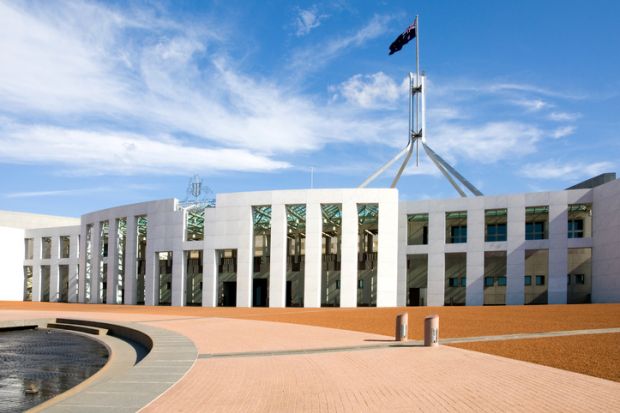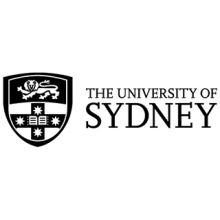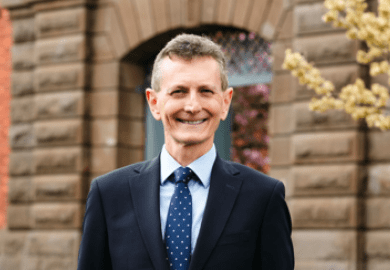Australia critically needs better cooperation between its higher education and corporate sectors to modernise teaching, but is struggling to get the necessary help from its government, one of the nation’s leading academics has warned.
Addressing Times Higher Education’s World Academic Summit, Brian Schmidt, vice-chancellor of the Australian National University, said that students need a balance of what universities and companies can offer. Policymakers, however, may be seduced into believing it is cheaper and easier to rely on the latter, said Professor Schmidt, a US-born astrophysicist who won the 2011 Nobel Prize in Physics.
That critical misjudgement, he said, appears to be stemming from the preference among government officials for strategic advice from private consultants offering simpler and friendlier bromides, than from academics crafting more complicated assessments.
“Increasingly over the last 10 years,” Professor Schmidt told the THE summit, “the Australian government has chosen to remove expertise from the public service, and to outsource it not to universities, but to Big Four accounting firms, who have gone through and not generated new knowledge but applied old knowledge to answer the questions as best you could as quickly as you could, and – without being too negative – making sure they got an answer that was politically palatable, because that’s how you get paid and get your work again.”
Professor Schmidt has led the Canberra university since 2016, and has been critical in the past of overall levels of government commitment to university funding.
His warning to his academic colleagues from around the world at the THE summit focused more directly on the need to meet the clear demand among modern students for workplace-ready skills and the willingness of companies to supply them, without failing to also provide those students the more enduring value of a traditional collegiate experience.
Technology firms and other companies are already creating their own educational products, Professor Schmidt said. He cited the example of Google offering to teach its version of computer science so students can go straight into its workforce. “That’s how things could turn out, where the universities get left out,” he said. Industry help was welcome at the post-secondary level, Professor Schmidt said, but a future of “co-creation” would be much better.
Higher education still enjoys a trust advantage, helped by the certification it gets from third-party accreditation, but that element of public faith can be eroded, Professor Schmidt said. “Like it or not,” he said, “Google’s got pretty good street cred out there, relative to even universities, and so they will destroy that as well.”
Also at the THE summit, one of Professor Schmidt’s colleagues, Mark Scott, vice-chancellor of the University of Sydney, said he agreed that Australian higher education needed more partnerships, but placed more direct blame on the sector. “We’ve been somewhat self-absorbed, somewhat insular, in how we think and operate,” Professor Scott said.
Professor Scott also noted the longstanding ways in which Australian higher education still needs to make itself more attractive. The nation’s university system remains far more open to wealthier students, with “enormous gaps” in access for indigenous populations, he said.
Register to continue
Why register?
- Registration is free and only takes a moment
- Once registered, you can read 3 articles a month
- Sign up for our newsletter
Subscribe
Or subscribe for unlimited access to:
- Unlimited access to news, views, insights & reviews
- Digital editions
- Digital access to THE’s university and college rankings analysis
Already registered or a current subscriber? Login












